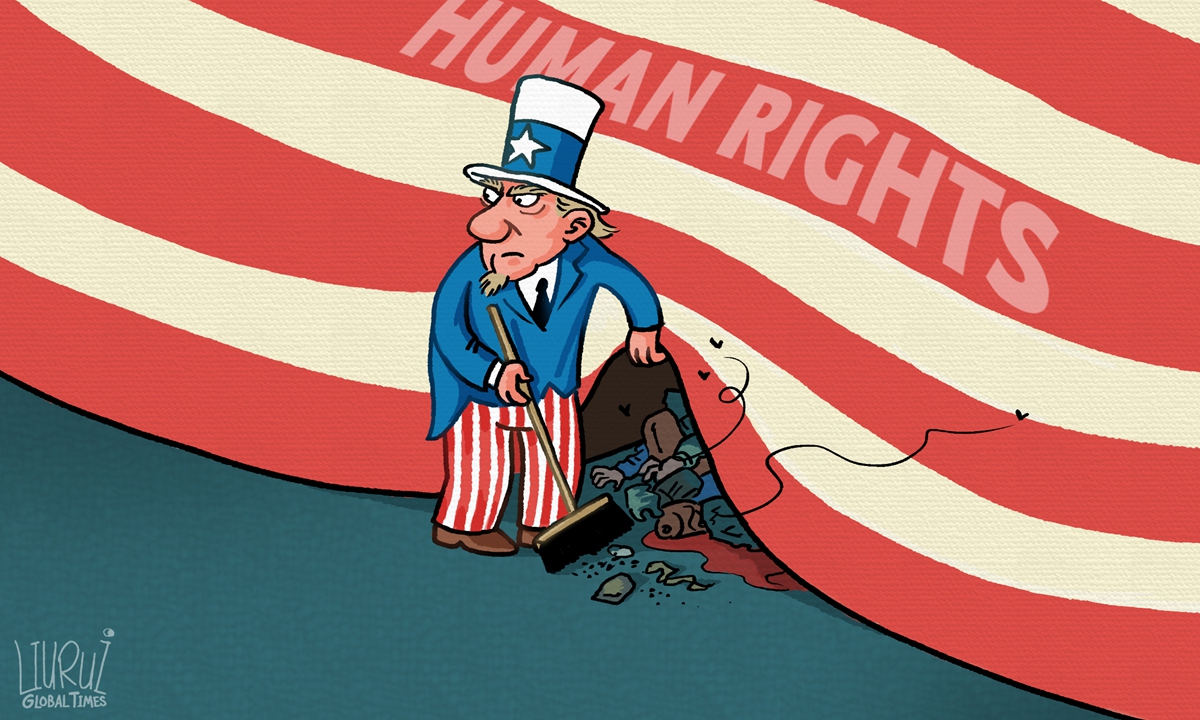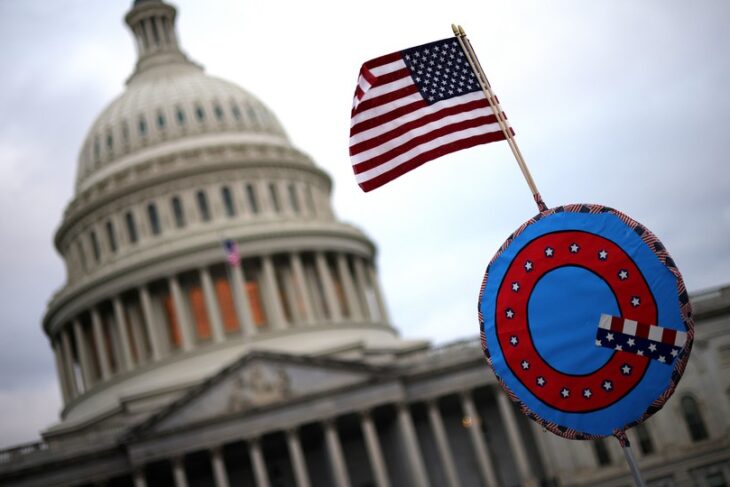
“This I do with all my heart. You all know the reasons which have — have impelled me to renounce the throne. But I want you to understand that in making up my mind I did not forget the country or the empire, which, as Prince of Wales, and lately as King, I have for 25 years tried to serve.”
- King Edward VIII of England (Excerpt from his abdication speech which he made in 1936)
History has taught us about what could be considered as bonafide pathways to political power or authority. I use the word “bonafide” guardedly, because the debate surrounding its usage, and that of other words like it, with respect to the legitimacy of the various kinds of governance in the world, has been going on for hundreds of years. Nevertheless, I will persist with the usage of the word in this essay although it might raise more questions than answers.
Some might still have doubts, for example, about the long established, tried and proven democratic, Westminster-style of government which exists among the English-speaking nations in the region of the Caribbean, once British colonies, where I am from originally. But despite whatever doubts there might be about the various forms of liberal democratic or republican governments, I will still use the word “bonafide” to refer to those which were approved of by all of or by most of the people – by the governed.
Although they are separate, sovereign states, they formed a loose confederation among themselves known as the Caribbean Community and Common Market (CARICOM) that was established by the Treaty of Chaguaramas — signed by Barbados, Jamaica, Guyana, and Trinidad and Tobago on July 4, 1973, and entered into force subsequently on August 1, 1973. I have not heard of any referendums or of any tumultuous and violent uprisings from the peoples of CARICOM against it, and prime ministers have been seen to come and go, peacefully, through the processes of their democratic electoral systems in their own countries.
I have sensed this same sort of attitude of a “bonafide” authority with respect to the monarchical system in Great Britain from his Majesty’s subjects, and the same attitude with respect to the system of government which exists in the United States from among its citizens. There were, of course, exceptions in terms of the challenges that were made to the authority of their federal government during the Civil War, which raged between April 12, 1861 and April 9, 1869, and, again, by the insurrection that was led by the current president, after he had lost the election back in 2020, at the Capitol building in Washington, DC, on January 6, 2021.
All that having been said, this opinion piece is about the abuse of the “bonafide” authority of the U.S. federal Government, especially as it is vested in and is being currently exercised by the justices who now sit on the bench of the U.S. Supreme Court which has, in turn, created an existential threat not only to the whole country but also to itself as presented by the current Administration.
Although the court has a long and a checkered history of “good” and “bad” decisions in its 248-year-old existence, Americans, by and large, have tended to abide by them regardless of what those rulings were, even the horrible ones like, for example, the Dred Scott decision of 1857. It was a landmark decision that held that the United States Constitution did not extend American citizenship to people of Black African descent, and therefore they could not enjoy the rights and privileges that the Constitution had conferred upon American citizens. The decision is widely considered as the worst in the Supreme Court’s history, being widely denounced for its overt racism, judicial activism, and poor legal reasoning. The ruling nationalized slavery, and thus played a crucial role in the events which led to the Civil War. But, before the Civil War, even that decision was respected by the country.
But in 2025 some decisions that have been made by the Supreme Court and by the lower courts have been flouted, and have been eschewed by the current Administration, and one must wonder what is behind this newborn disrespect for the judiciary and for the due process of law which is enshrined in the U.S. Constitution by the executive branch.
I have heard of stories over the years of children turning around to abuse their parents verbally and physically, even to the point of murdering them. And when the backstories of such pathetic and tragic occurrences were examined, it was found that the parents who were the victims were integrally involved in creating the monsters who they once coddled and defended, despite overt signs of gross indiscipline during their formative years.
The young perpetrators whose indiscretions went unchecked felt emboldened — interpreting their parents’ passivity and their negligence in child-raring as a licence to do just about anything, at anytime, and to anyone without any consequence. The parents, like Edward VIII, had abdicated their responsibilities thus having no more say and no more sway in the course of human events, for the positive.
The U.S. Supreme Court, like the parents who were humiliated and brutalized by their children, have, in large part, helped to create the outrageous behaviour of the current Administration which has gone rogue — defying checks and balances and political norms which are viewed by most of the populace as bonafide. And what is frightening is that the court, in and of itself, has no recourse or police powers to rein the Administration in. Like the great power behind the pen of the king that cancelled itself out when it had affixed his signature to the abdication instrument, the court did the same thing in its ruling, in a 6 to 3 decision on July 1, 2024, which said, essentially, that anything viewed as criminal committed by any other citizen, is not criminal when the president does it during the exercise of his official duties. Who let the dog out? The court, as it were, was the one who had let the dog out!
Excerpts from the dissents written by two of the associate justices on the bench can help us to understand why — despite an opinion given that the Administration must give all immigrants that were or are in the process of being imprisoned and deported due process under the U.S. Constitution — such a ruling is now stoutly and resolutely defied and questioned by the Administration.
In her response to the majority on the question of presidential immunity, Justice Sotomayor wrote the following:
“The President of the United States is the most powerful person in the country, and possibly the world. When he uses his official powers in any way, under the majority’s reasoning, he now will be insulated from criminal prosecution. Orders the Navy’s Seal Team 6 to assassinate a political rival? Immune. Organizes a military dissenting coup to hold onto power? Immune. Takes a bribe in exchange for a pardon? Immune. Immune, immune, immune. Let the President violate the law, let him exploit the trappings of his office for personal gain, let him use his official power for evil ends. Because if he knew that he may one day face liability for breaking the law, he might not be as bold and fearless as we would like him to be. That is the majority’s message today.”
And, in her dissent, Justice Ketanji Brown Jackson expressed sentiments similar to those of Justice Sotomayor:
“With that understanding of how our system of accountability for criminal acts ordinarily functions, it becomes much easier to see that the majority’s ruling in this case breaks new and dangerous ground. Departing from the traditional model of individual accountability, the majority has concocted something entirely different: a Presidential accountability model that creates immunity — an exemption from criminal law — applicable only to the most powerful official in our Government.”
On March, 18, 2025, the following article was published online by a news organization known as Courthouse News Service:
“Chief Justice John Roberts issued a rare response to political commentary about judicial rulings on Tuesday, chastising President Donald Trump’s calls to impeach a federal judge who ruled against him.
‘For more than two centuries, it has been established that impeachment is not an appropriate response to disagreement concerning a judicial decision,’ the George W. Bush appointee said in a statement provided by the court. ‘The normal appellate review process exists for that purpose.’
Earlier in the day, Trump called U.S. District Judge James Boasberg — the chief judge of the federal district court in Washington — crooked and pressed for his impeachment in a Truth Social post.
‘This Radical Left Lunatic of a Judge, a troublemaker and agitator who was sadly appointed by Barack Hussein Obama, was not elected President,’ Trump wrote.
Trump’s post came after Boasberg ordered a two-week halt to the removal of Venezuelan migrants under the 1798 Alien Enemy Act. The statute had only been used three times in the nation’s history, during the War of 1812, World War I and World War II — President Franklin Roosevelt infamously ordered the internment of Japanese Americans under the statute — and has never been used during peacetime.
Trump used the law to deport Venezuelan migrants accused of belonging to the transnational gang Tren de Aragua.
Trump does not have the authority to remove a federal judge; that power, much like presidential impeachment, lies with Congress.”
In Soviet Russia, in the Stalin era, the constitutional activity of the Supreme Court ended. “Stalin’s Collectivization programmes led to the simplification of the legal system and legal norms; courts were expected to serve political goals. The attention of the USSR Supreme Court was directed towards monitoring lower courts. In 1934, the USSR Supreme Court gained the legal authority to issue instructions, obtain reports, and conduct surveys of lower courts. During Stalin’s Purges, charges were brought in various courts, including provincial courts, Republic Courts and the USSR Supreme Court. Eventually, in 1938 almost all members of the USSR Supreme Court were purged; most were sent to labour camps.”
Is it possible that the United States Supreme Court could be made defunct by the very president whose powers it had sought to expand and to protect, beyond the bounds of reason, and despite the very clear stipulations of the U.S. Constitution?
The written dissents of justices Sotomayor and Brown Jackson were, indeed, ominous, and one could ask if they were prophetic. Could the U.S. Supreme Court, therefore, by attempting to sanitize and to legitimize the criminal behaviour of any president, especially any criminal behaviour committed by the man now in office while in the course of conducting, allegedly, official business on behalf of the people of the United States, backfire, worse than it is doing now? Did the court, with a signature, like that of Edward VIII, effectively cancel itself out through the immunity decision that it made in 2024? Did it mean to do so, or was it, simply, an act of sheer suicide? Did it fall on its sword in order to advance the agenda of an autocratic government? Only time will tell.



